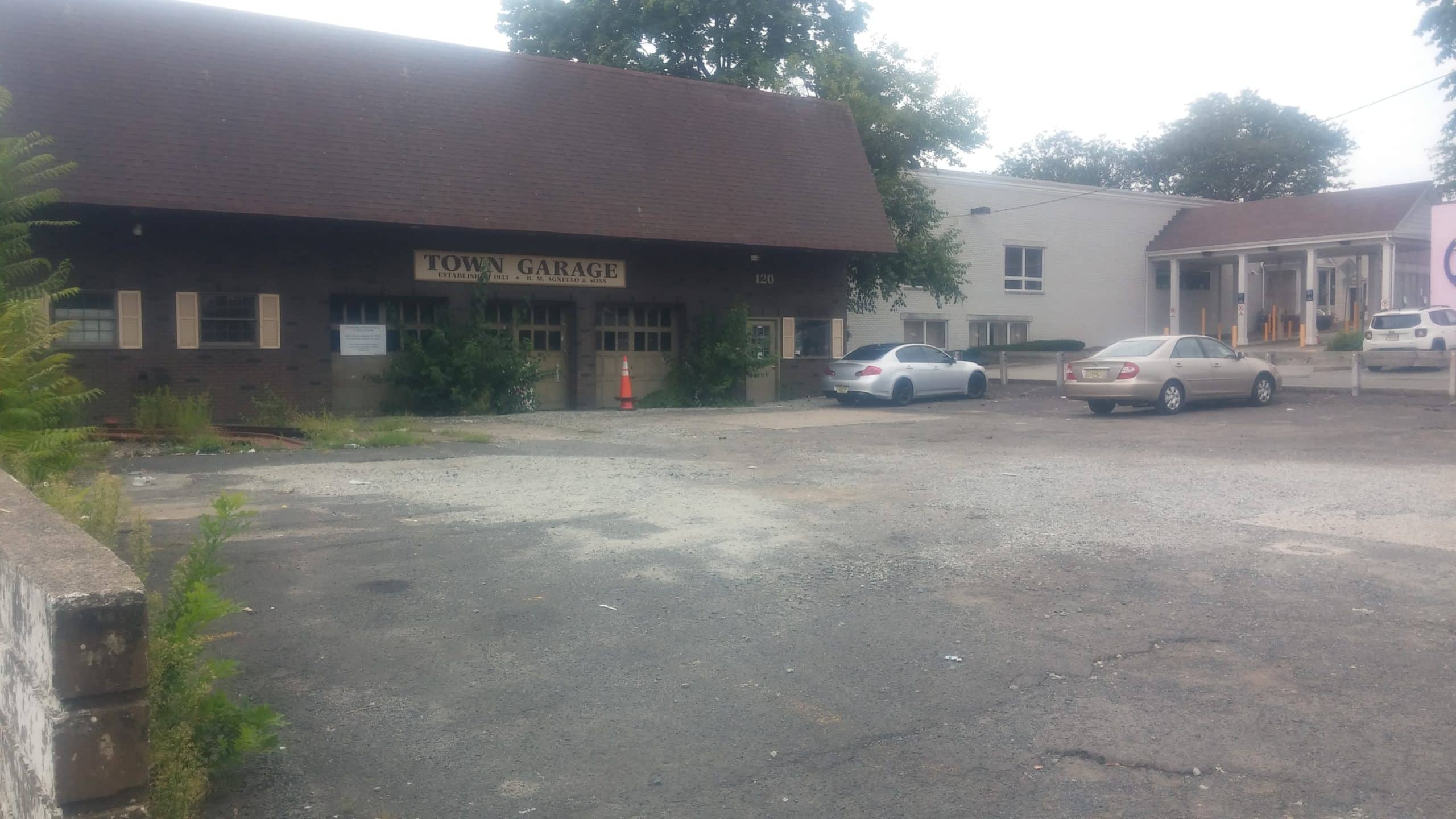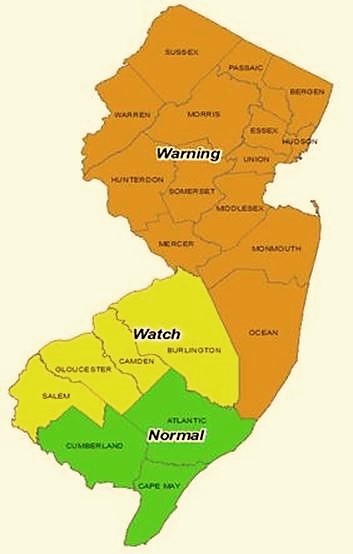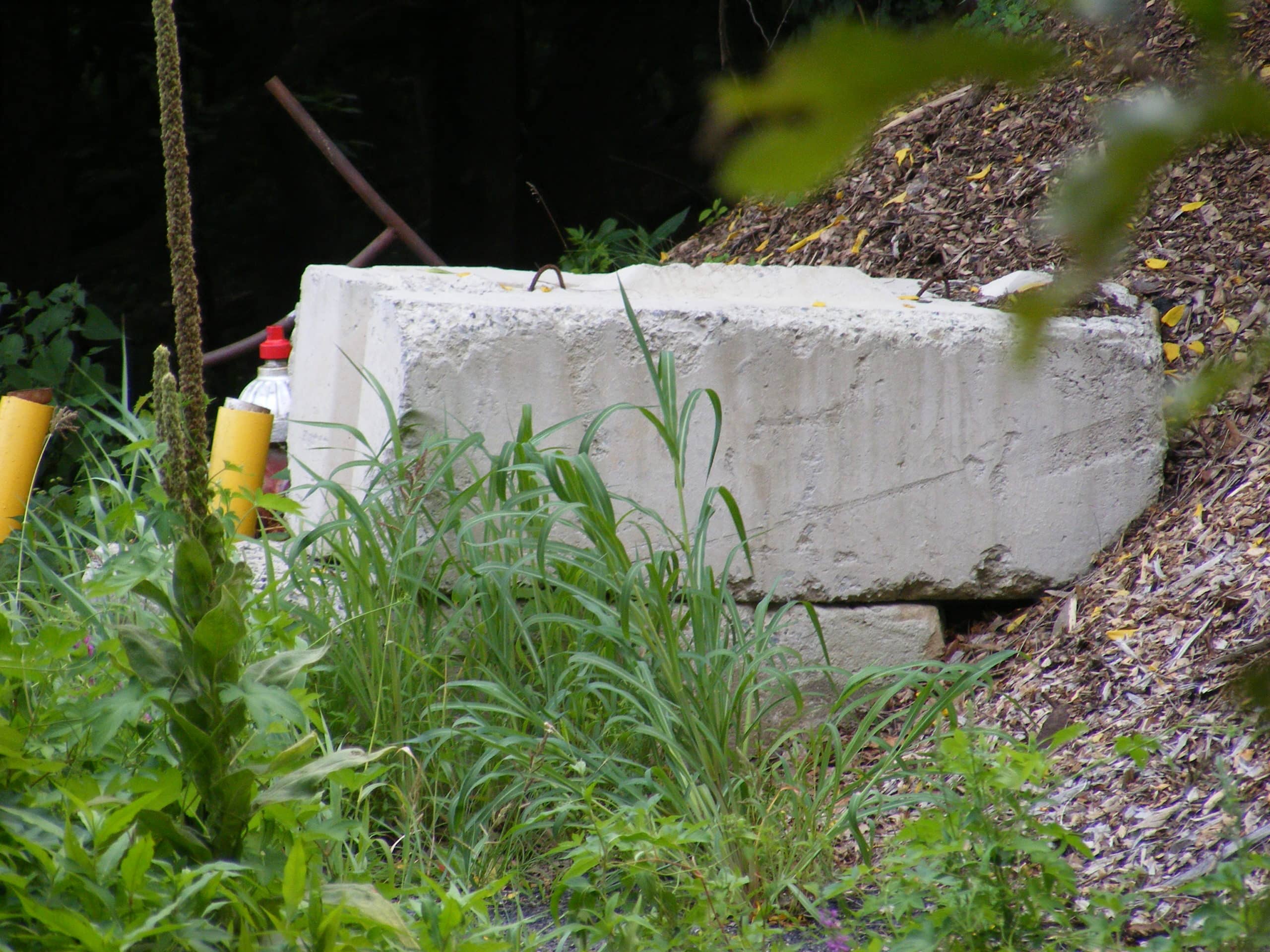
A decade or so ago, the Ridgewood village tried, via an arguably aggressive application of eminent domain principles, simply to take by forced sale the property upon which the “Ridgewood Garage” building stands. This was hot on the heels of the controversial U.S. Supreme Court decision which, in order to find lawful the use by a Connecticut municipality of eminent domain to boot ordinary fee simple owners of residential properties in an “underperforming” (ahem!) neigborhood to make room for a proposed factory that mysteriously never got built, conveniently expanded the scope of the word “public” in the U.S. Constitution’s term “public use” to include a scheme that, at its heart, was nothing but a naked multistep attempt to eventually boost property tax revenue. The idea at the time was that the new U.S Supreme Court constitutional precedent rendered legitimate any property condemnation scheme that municipal powerbrokers could rig together that gave off the faintest whiff of a public benefit in the distant future, regardless of the immediately applicable common law rights of the owner of the targeted property or properties. One presumes the now battle-hardened owners of the Franklin Avenue parcel under discussion have been waiting to receive, at long last, a decent offer from the Village to purchase the lot that does not involve the coercion inherent in the use of the municipsl eminent domain power. Can it fairly be said that that particular lot, or, more broadly, that the “parking lottish” parts of the larger block defined by Ridgewood Avenue, Oak Street, Franklin Avenue and Walnut Street, is “blighted” to such a degree as to justify municipal action to use the eminent domain power to initiate a process by which it is redeveloped into a modern parking facility? The decision that was eventually taken years ago was that, despite the fact that the Village had already raised some $15 million via a corresponding municipal bond issuance to build a parking garage, the village would nevertheless relent, and not follow through on its threats to use its eminent domain power. We’ve since spent the proceeds of that bond issuance on other priorities. Unfortunately, we are still paying off the debt for a parking garage that, for good or ill, was never built.


 Ridgewood NJ, Department of Environmental Protection Commissioner Bob Martin today placed 14 counties encompassing the northern, central and northern coastal areas of New Jersey under a drought warning due to ongoing precipitation deficits and deteriorating water-supply conditions, particularly storage levels in reservoirs.
Ridgewood NJ, Department of Environmental Protection Commissioner Bob Martin today placed 14 counties encompassing the northern, central and northern coastal areas of New Jersey under a drought warning due to ongoing precipitation deficits and deteriorating water-supply conditions, particularly storage levels in reservoirs.












